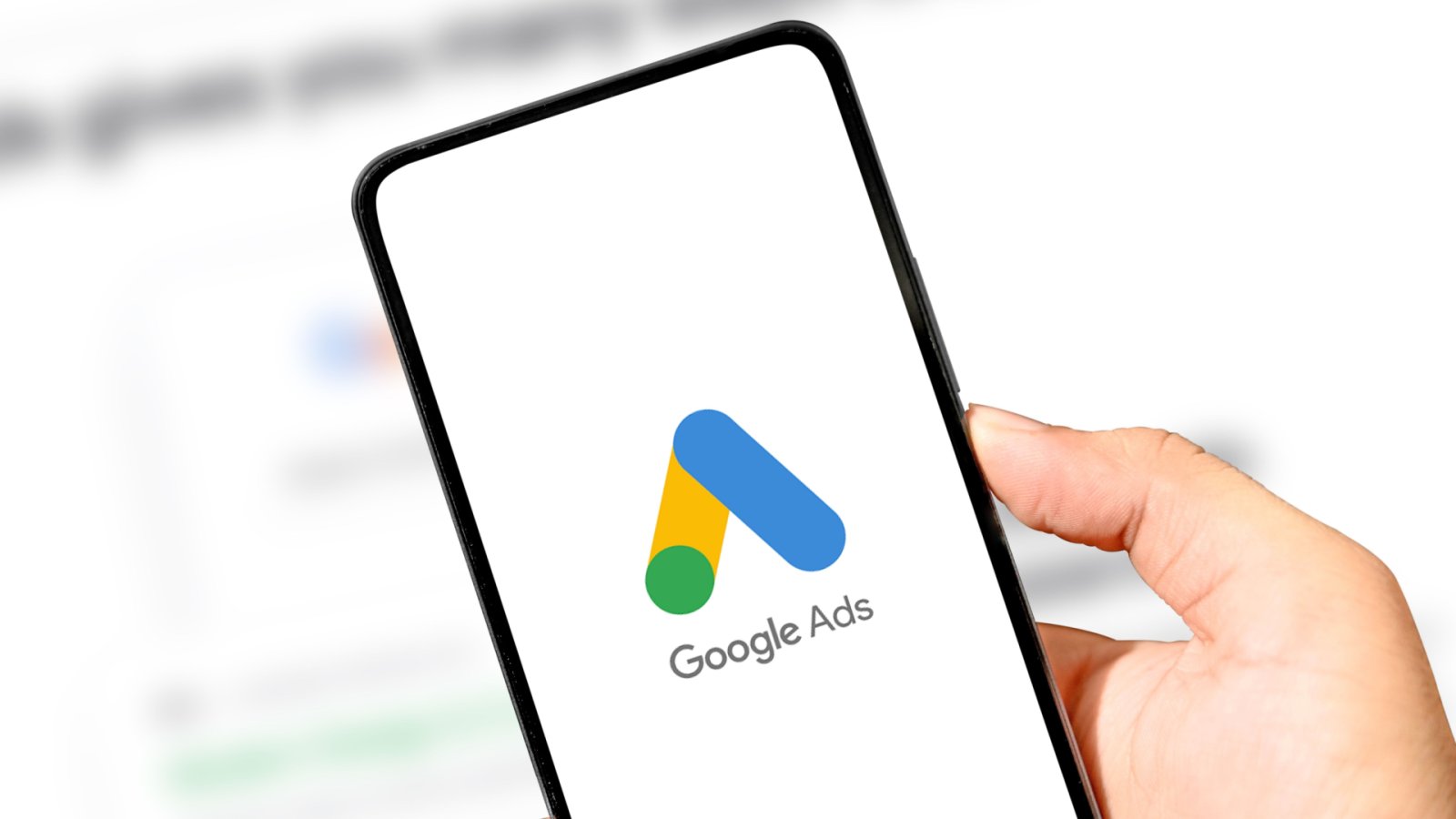Google is expanding access to incrementality testing, rolling out major updates designed to help advertisers of all sizes measure the true, causal impact of their ads – what’s driving results and what’s not.
Smarter testing for all. Google cut the minimum budget for incrementality tests from about $100,000 to $5,000. This should make it much easier for smaller advertisers to measure what’s actually working.
- Now, you can run simple, controlled tests to see how much extra value your campaigns are really driving – and use those insights to make smarter decisions about where to spend your money.
Clearer test results. Google also said it improved how these tests work, using new statistical models that make results up to 50% more conclusive. You should get clearer, more reliable insights – and fewer inconclusive tests that slow down your decisions.
Faster insights, faster action. Google is also speeding up reporting and adding customization options for experiment design. You can now set custom test sizes, pick your preferred confidence levels, and view results directly in the interface.
- Faster results mean you can act on what you learn sooner – even when the performance gap is small – and keep tweaking campaigns almost in real time.
A more complete measurement framework. Incrementality is now positioned as one piece of a broader measurement ecosystem alongside Marketing Mix Models (MMMs) and Attribution.
- MMMs show the big picture across channels and external factors.
- Incrementality provides causal data on specific campaigns.
- Attribution connects touchpoints to outcomes.
Together, these tools should give you a more complete way to measure what’s working, fine-tune your models, and see more clearly what’s really driving growth.
Why we care. Marketers are under more pressure than ever to justify spend. These updates make advanced incrementality experiments – once reserved for enterprise budgets – far more accessible and actionable, helping teams clearly link ad investments to revenue growth.
Bottom line. With lower costs, better data, and faster reporting, Google’s incrementality updates make it easier for every advertiser – not just large ones – to prove what’s working, optimize spend, and strengthen confidence in marketing ROI.
Search Engine Land is owned by Semrush. We remain committed to providing high-quality coverage of marketing topics. Unless otherwise noted, this page’s content was written by either an employee or a paid contractor of Semrush Inc.
